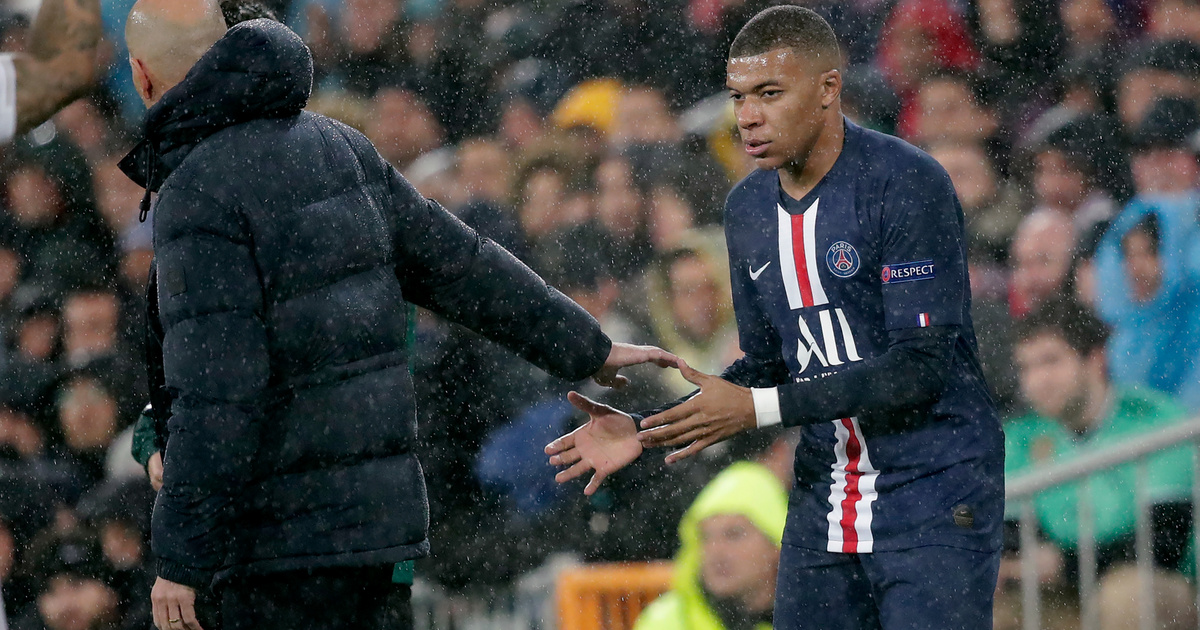The sky over the Old Continent is full of almost empty and polluting planes, whose flights have almost no purpose other than to protect the valuable time slots at some of the most important airports, writes the Associated Press.
After Covid-19, the transportation of people from point to point became an addition to thousands of flights. Surprisingly, the practice has brought together conservationists and airlines working together to put pressure on the European Union – a self-proclaimed leader in the fight against climate change – to change the rules for these notorious slots.
Earlier this week, news of Brussels Airlines’ empty flights sparked a sarcastic comment from Greta Thunberg. The company itself says that if Brussels does not take action, it will have to operate about 3,000 flights this winter – just to maintain its existing rights at airports.
German giant Lufthansa has announced that it will take on 18,000 “redundant” flights in the winter for the same reason.
Slots for landing and taking off on the popular routes of some of the largest airports on the Old Continent are extremely valuable to the industry. However, in order to maintain them, airlines must guarantee a high share of flights. That is why empty flights – which both lose money and pollute – continue to run.
Typically, airlines have to use 80 percent of the slots they are given to retain their rights. Brussels has reduced this share to 50 percent in order to reduce the number of empty flights. In the United States, action has been sharper and more decisive: it has completely abolished this requirement by March 26 because of the pandemic. The only exceptions are a handful of airports, including Kennedy and La Guardia in New York and Reagan Washington National in Washington.
Last month, when there were still hopes that the pandemic was starting to go away, the European Commission reaffirmed the 50 per cent rule, but said the share would be increased to 64 per cent by the end of March.
Large airlines such as Lufthansa, Air France and KLM are hoping for more flexibility from bureaucrats, including a reduction in demand – not only in the summer but also this winter, according to a statement from the German carrier. KLM supported the statement.
Thus, the EU is in a difficult situation: on the one hand, Brussels wants to make sure that slots are open to competition and that start-ups can fight for them if they are not used to the full. On the other hand, the union does not want empty polluting flights. The line commissioner acknowledged the threat of omicron, but so far there is no word on easing the regulation.
– .


